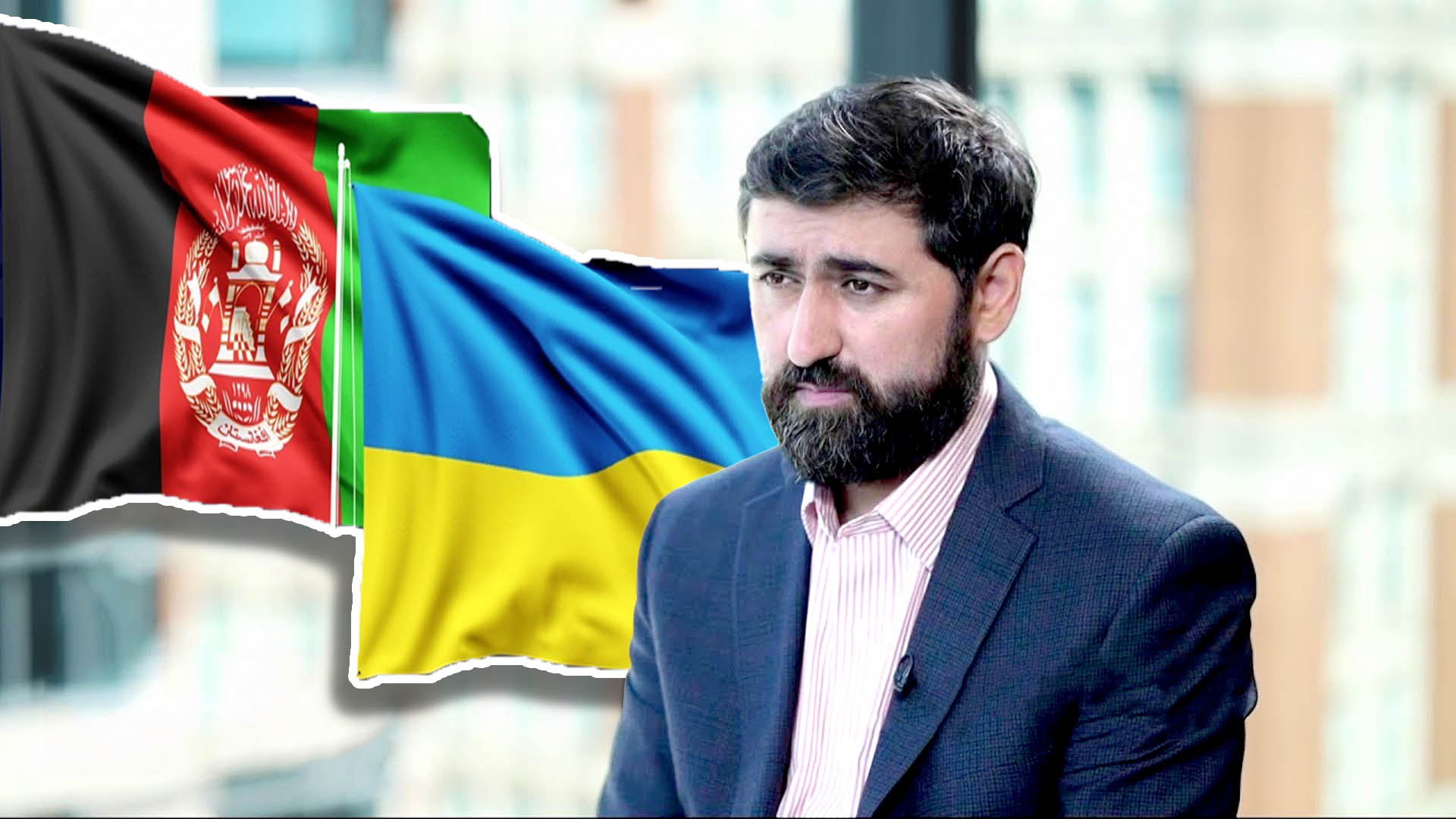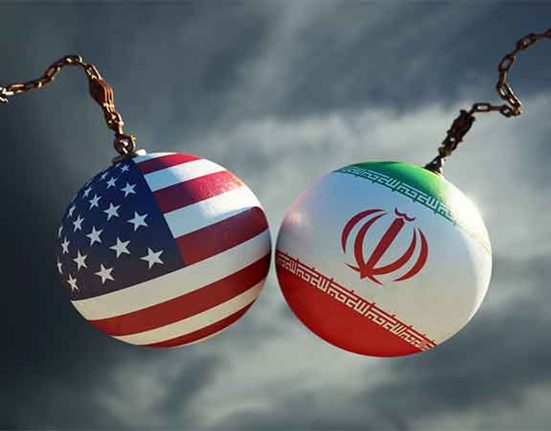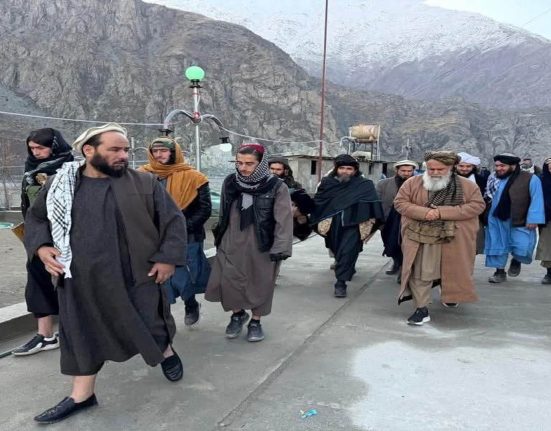
From Kabul(Afghanistan) to Kyiv(Ukraine): Matin Bek’s Analysis — Ukraine Is on the Path to Repeating Afghanistan’s Fate
On the eve of Ukraine’s negotiations with Russia, mediated by the United States, Abdul Matin Bek, a former senior Afghan government official, has published an article in The Cipher Brief, warning that the U.S. may be repeating the same strategic mistakes it made in Afghanistan in the war in Ukraine.
Matin Bek, former Chief of Staff to the President of Afghanistan and a member of the Afghan peace negotiation team with the Taliban, argues that diplomatic mismanagement, excessive dependence on foreign aid, and sidelining of allies could lead the war in Ukraine toward disaster.
“I was worried from the beginning that Ukraine might follow the same path as Afghanistan: generous support at first, followed by political fatigue, and eventually abandonment,” Bek states.
He emphasizes that a one-sided focus on military assistance without serious diplomatic efforts risks institutionalizing dependency. He criticizes the Biden administration for choosing to send weapons rather than using its influence to bring the war to an end.
Bek says, “The absence of a serious diplomatic initiative left the question unanswered: Could there have been a solution before the crisis intensified?”
In his article, Bek identifies three key similarities between Afghanistan’s peace process and Ukraine’s current situation:
1. Sidelining Legitimate National Governments from Negotiations
Bek notes that during the Doha negotiations, the Taliban insisted on direct talks with the U.S., which resulted in sidelining the Afghan government and legitimizing the Taliban. He draws a parallel with Putin’s refusal to engage directly with President Zelensky and his preference for negotiating with the U.S.
“This tactic effectively marginalizes national governments and grants legitimacy to their enemies,” Bek warns.
2. Undermining Allies in the Media
Bek refers to Zalmay Khalilzad’s public criticisms of President Ghani as a factor that demoralized Afghan leadership and contributed to state collapse. He cautions that the tone of some American officials toward Ukraine resembles this pattern.
“An inappropriate tone gives psychological advantage to enemies and weakens allies,” Bek says.
3. Misuse of Leverage
Bek also warns that threatening to cut off military and financial aid to Ukraine—rather than using such leverage to push for peace—emboldens Russia and destabilizes Kyiv.
“U.S. leverage should be used to end violence, not to escalate it,” he adds.
Drawing from Afghanistan’s experience, Bek offers two key recommendations for the United States:
1. Negotiations must center on the Ukrainian government and its people.
Any peace agreement designed without Ukraine’s active involvement will be unstable and unsustainable.
2. The tone and conduct toward allies must be respectful.
Undermining allies publicly while being conciliatory toward adversaries behind closed doors breeds mistrust and is dangerous.
As someone who witnessed Afghanistan’s collapse firsthand and played a crucial role in its peace process, Matin Bek’s article stands as a valuable analytical document for shaping the future of peace in Ukraine.
He concludes, “The world cannot afford another Kabul scenario. If the peace process in Ukraine is managed correctly, it could become a proud legacy for American diplomacy.”







